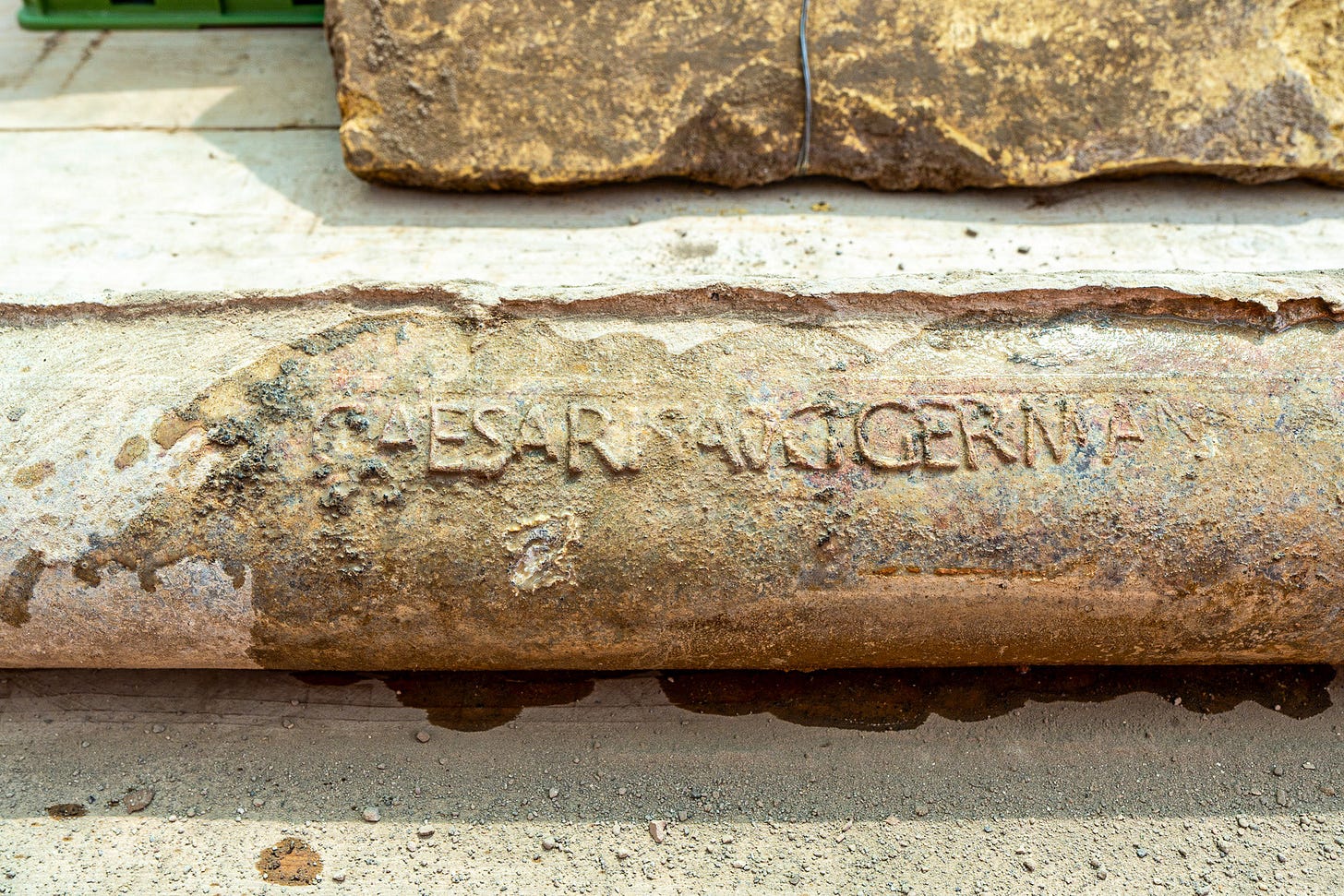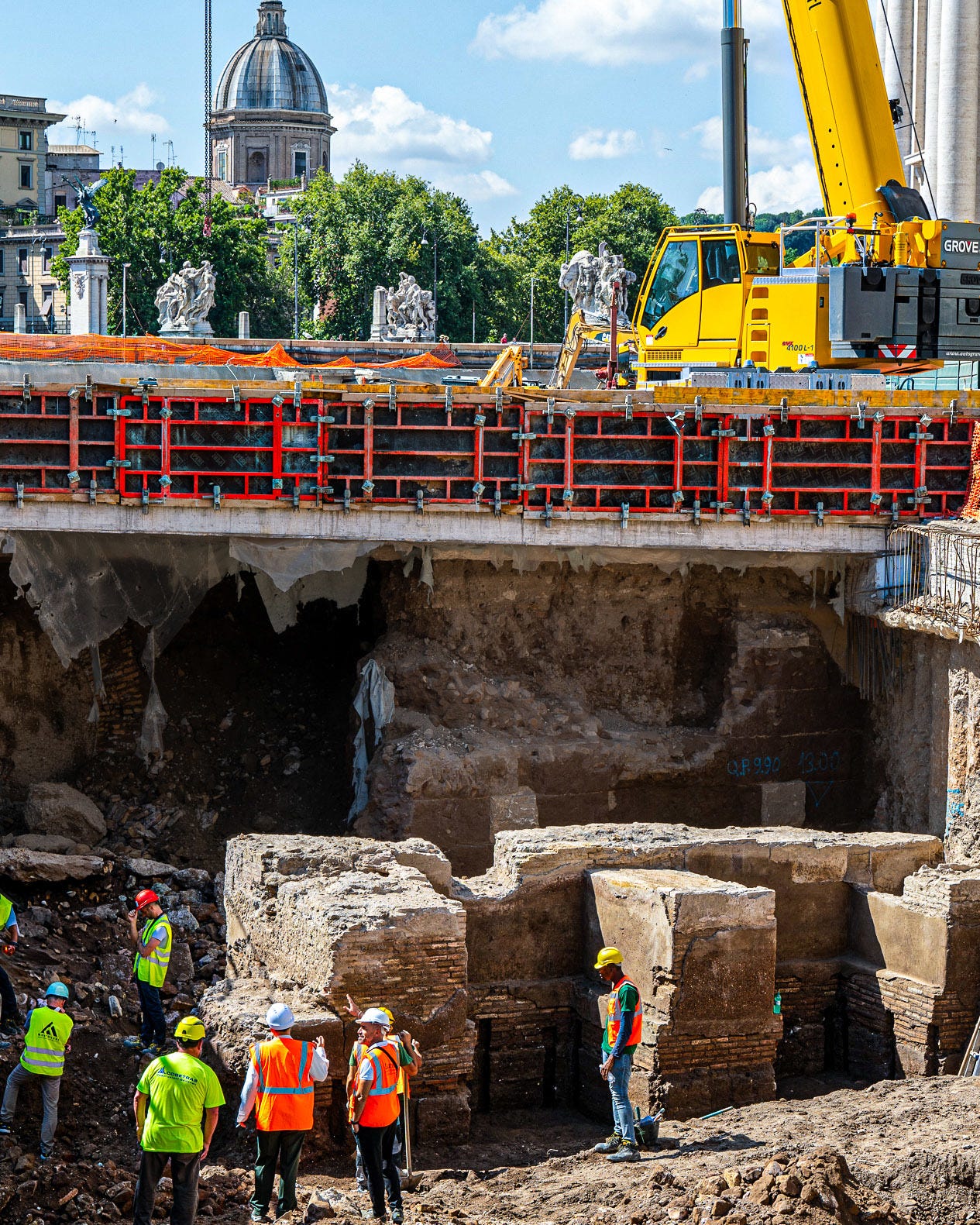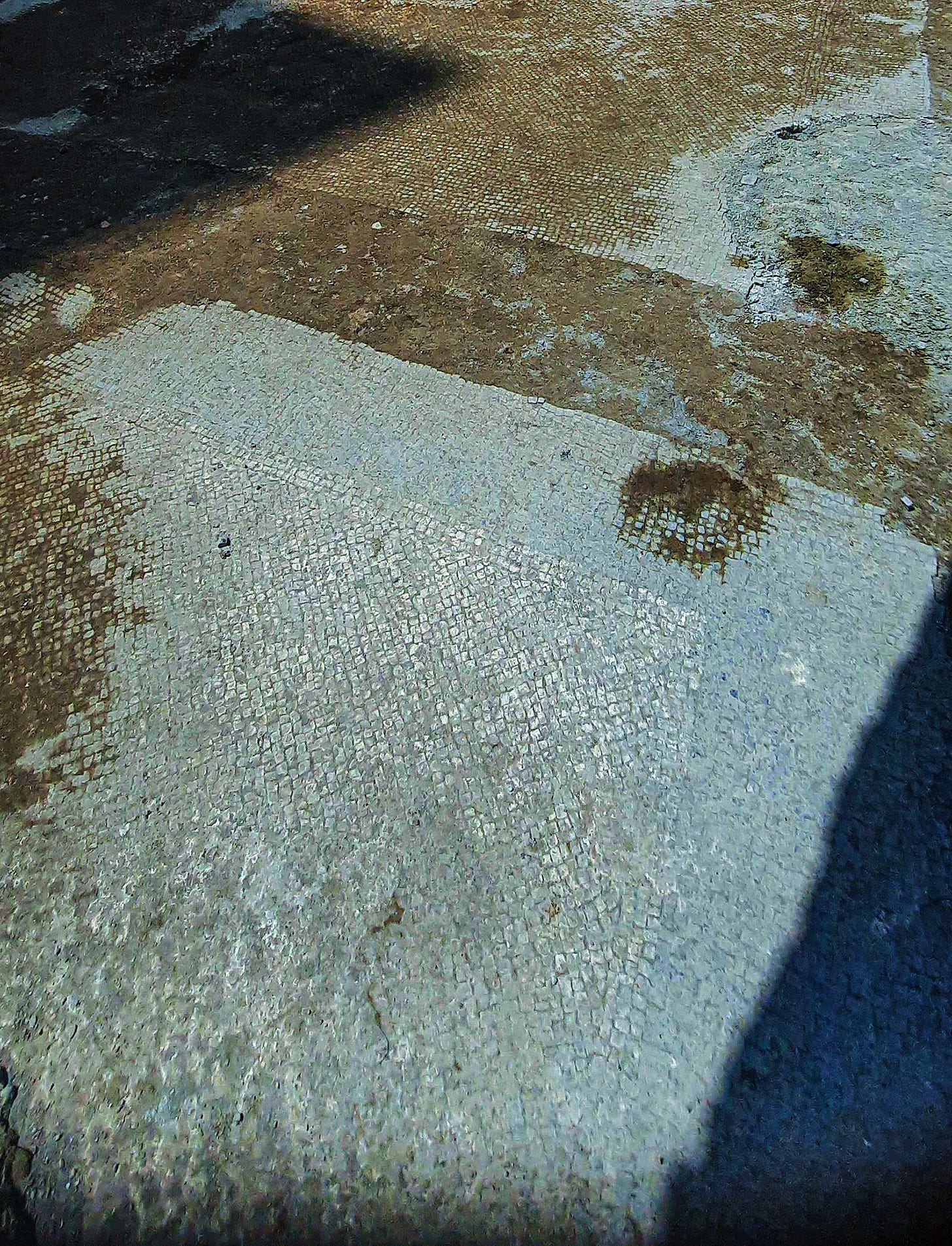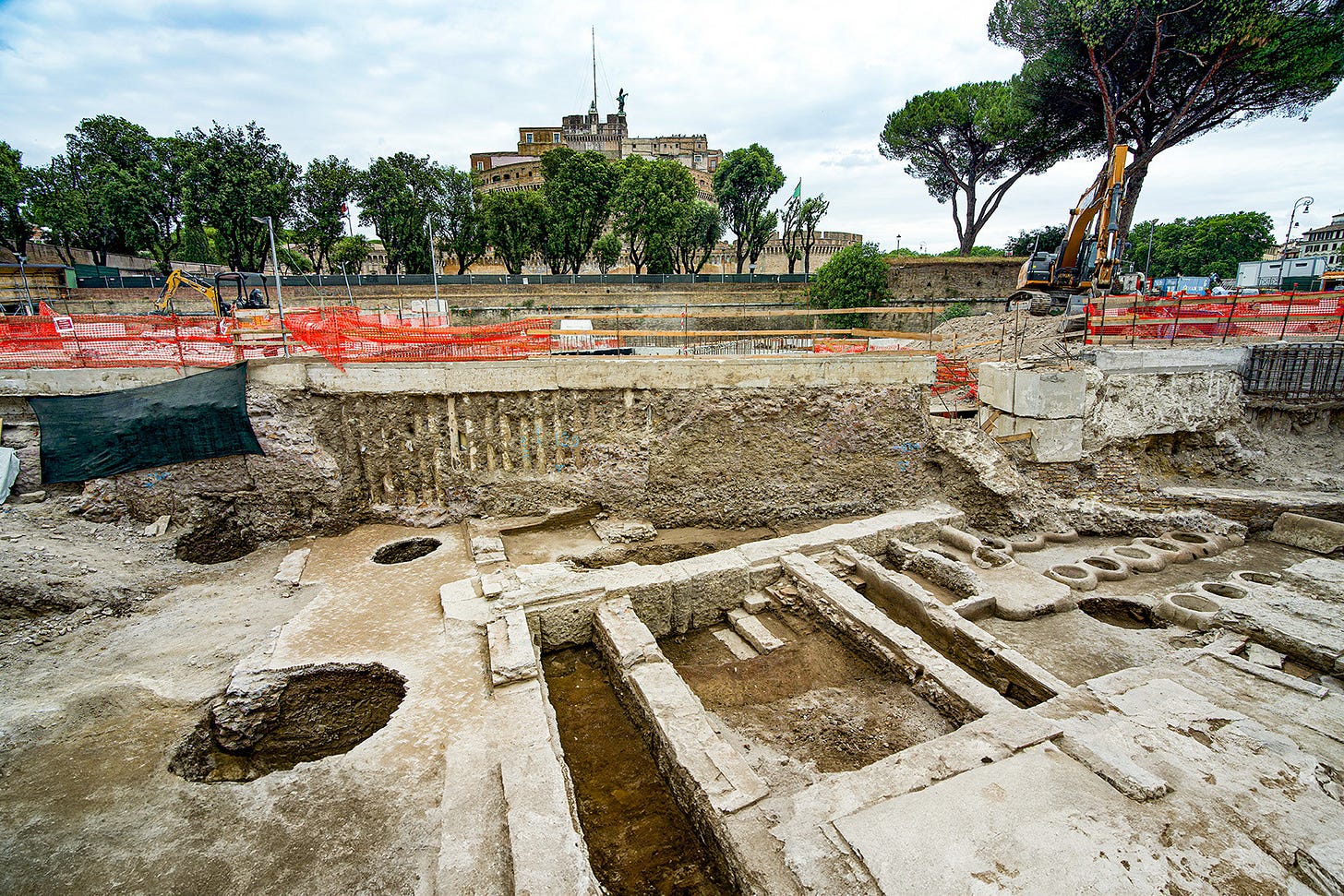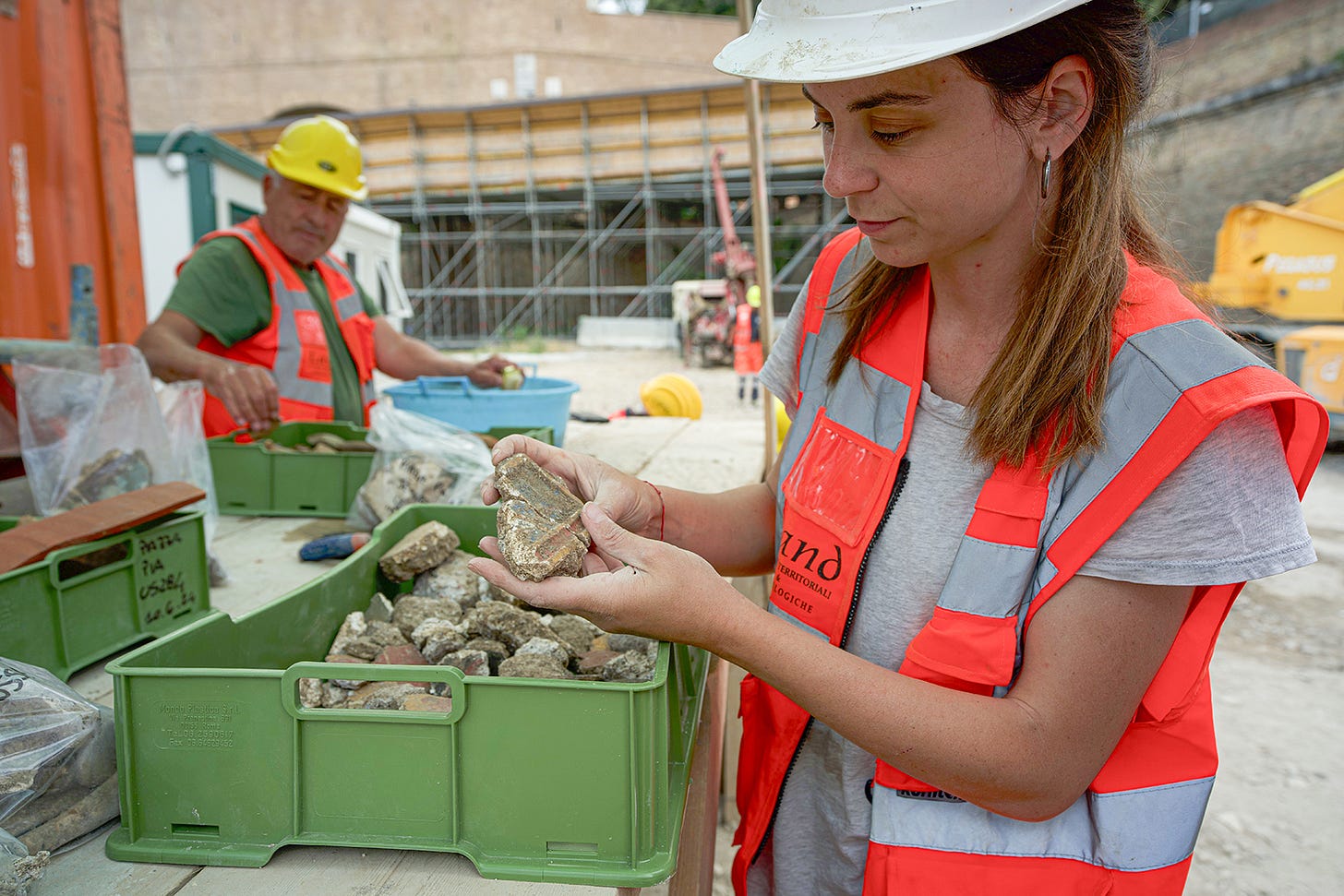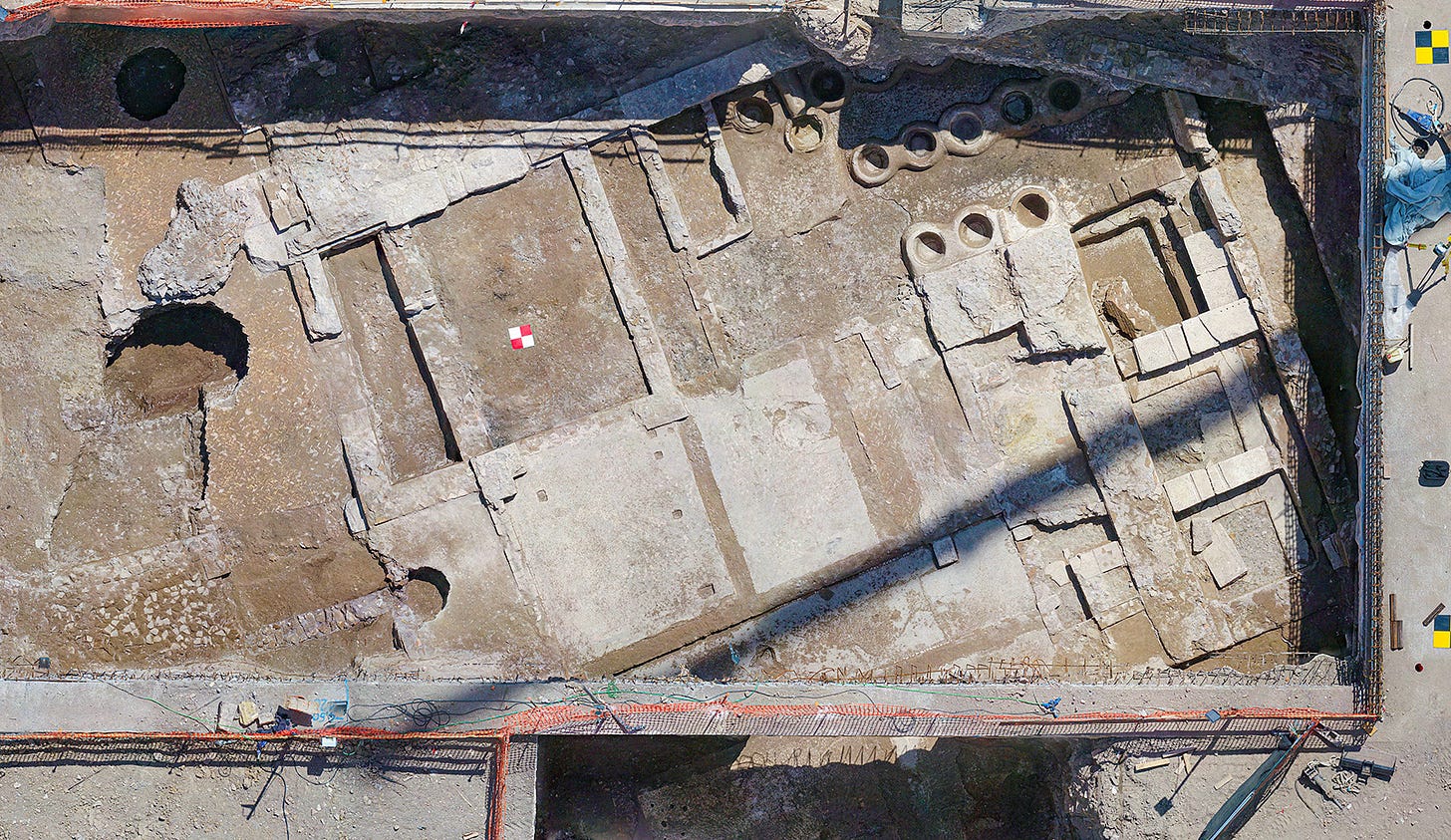Caligula's riverside hangout unearthed during underpass excavations in Rome
It's the place where the cruel emperor told a Jewish delegation that he would not put a stop to history's first pogrom
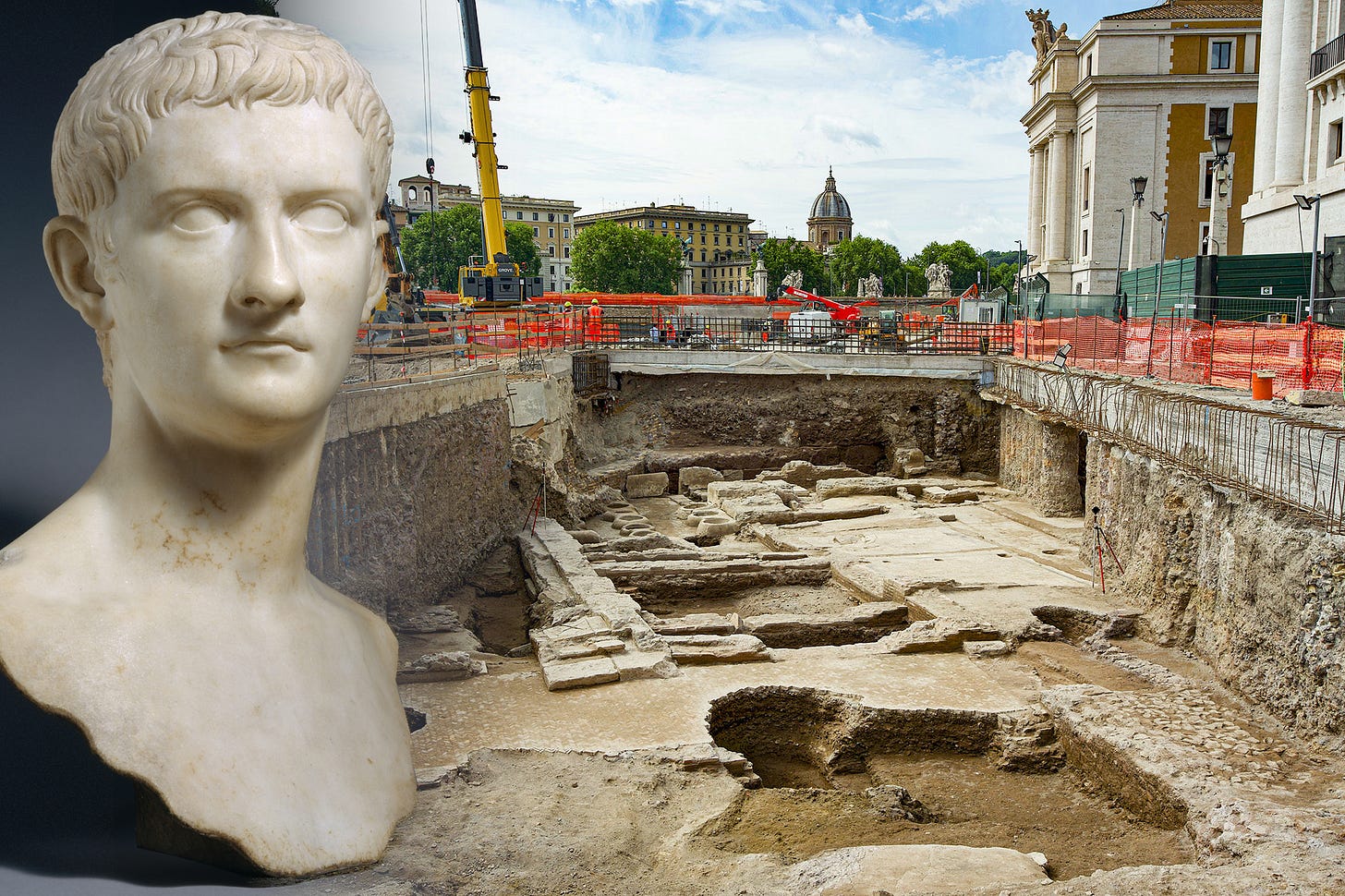
THE sumptuous terrace where ancient Rome's most-depraved emperor snubbed his people as they pleaded for help has been unearthed in the path of a new underpass.
Despite reigning for just four years, Caligula is remembered as perhaps the cruellest, maddest, most perverted, extravagant, and murderous of Roman emperors.
His reign was also marked by a testy relationship with the empire's Jews, with the first-ever antisemitic pogrom unfolding during his reign in Alexandria, Egypt.
Now the very place where a delegation of Alexandria's Jews pleaded with Caligula for relief has been discovered on the banks of Rome's Tiber River during excavations for a new underpass.
Daniela Porro, special superintendent of Rome, who directed the excavation, was in no doubt that this was where the fateful – and ultimately futile – meeting happened.
“It is obviously that place,” she said.
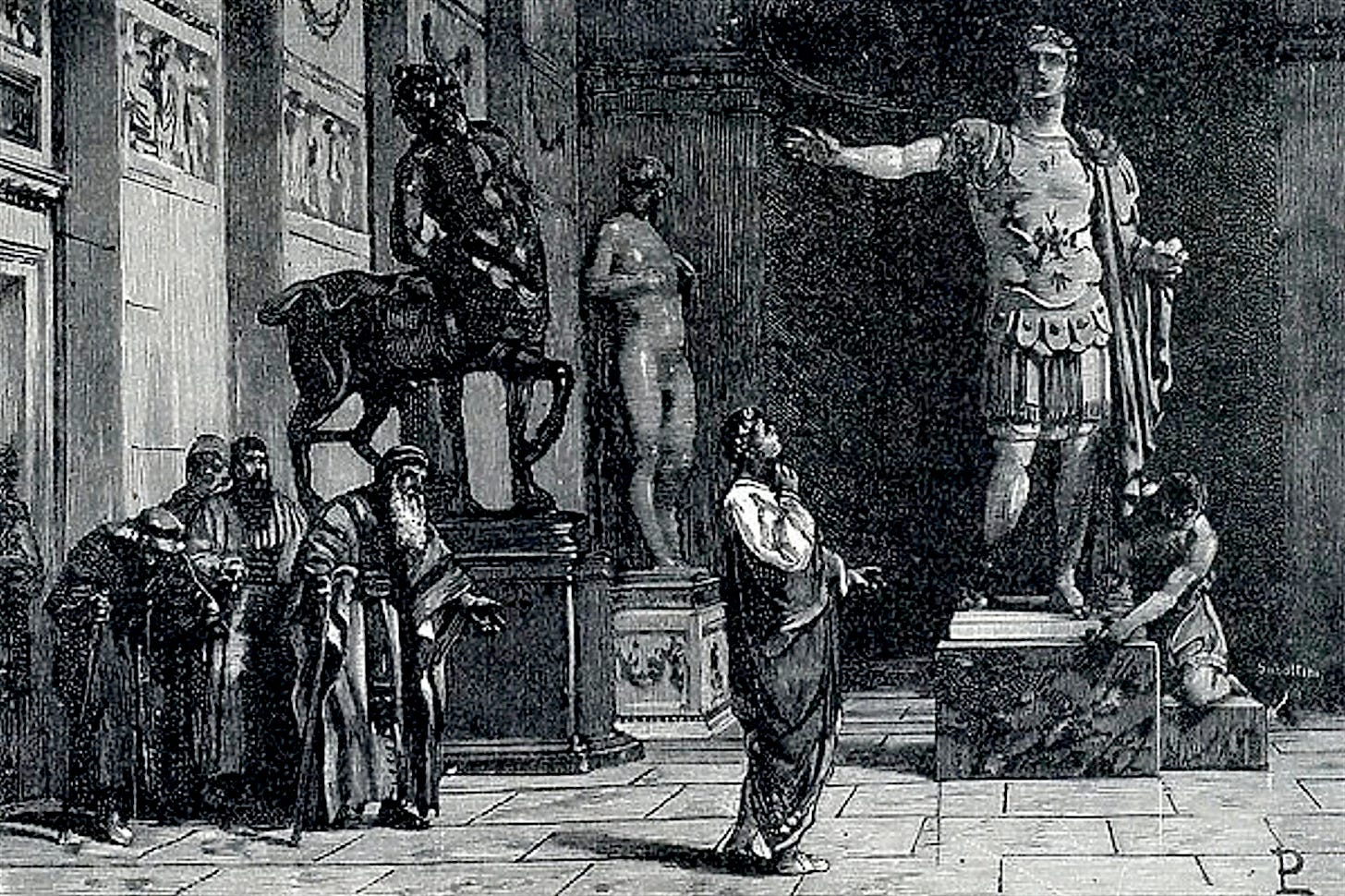
“We were lucky to find in one of the walls a fistula – a water pipe – with Caligula's name printed on it, which means that the portico was built by him.”
The discovery comprises a wall of brick and travertine marble that once formed a terrace on the River Tiber, with the foundations of a colonnaded portico behind.
There’s also a large open area thought to be the former Horti of Agrippina, meaning Gardens of Agrippina, which were named for Caligula’s mother.
The pipe from the portico bears the name Gaius Caesar Augustus Germanicus.
This was the emperor's true name – Caligula being a nickname bestowed on him as a boy, when he would wear a mock soldier's outfit complete with little boots or "caligae".
The site also matches a description given by a member of the Jewish delegation, Philo of Alexandria.
In his work, Legatio ad Gaium, meaning The Embassy to Gaius, he describes Caligula "receiving us favourably at first, in the plains on the banks of the Tiber (for he happened to be walking about in his mother's garden)”.
Porro said the find was surprising even to the spoilt archaeologists of Rome.
She said: “Every time excavations are carried out in Rome it is easy to find archaeological finds.
“In this specific case, we knew that this was the area where the Horti of Agrippina and Domitia stood.
“These were marvellous imperial gardens with pavilions, porticoes, and buildings for idleness.
“So we imagined we would find something, but we didn't expect to find the foundations of Caligula's portico.”
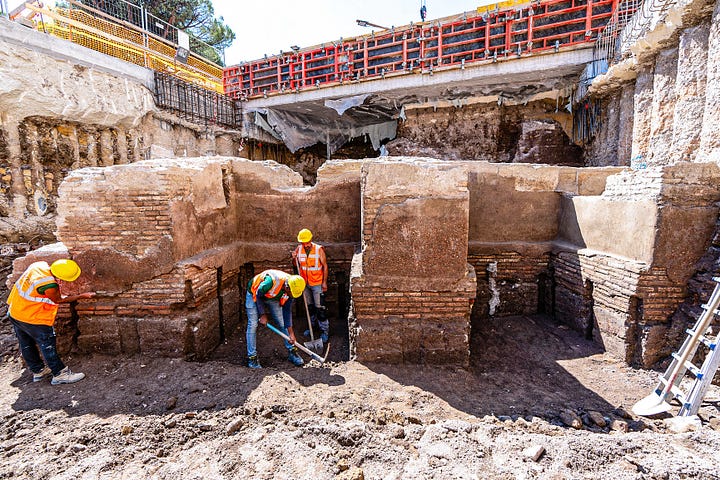
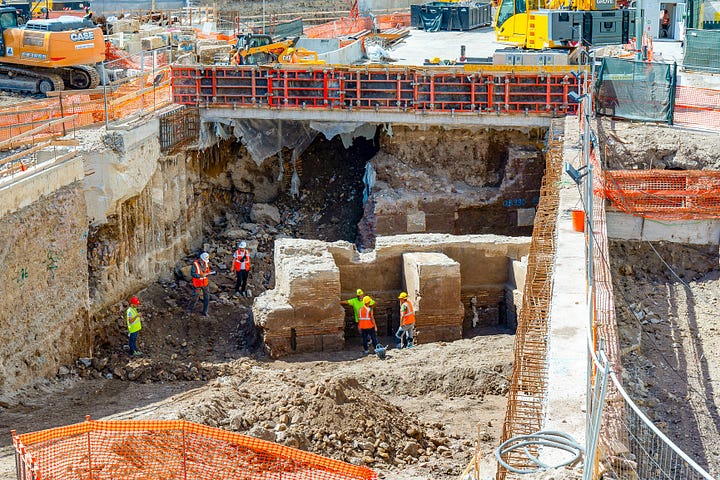
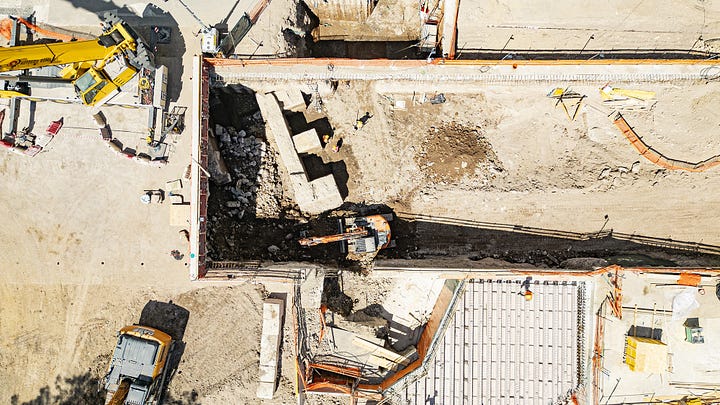
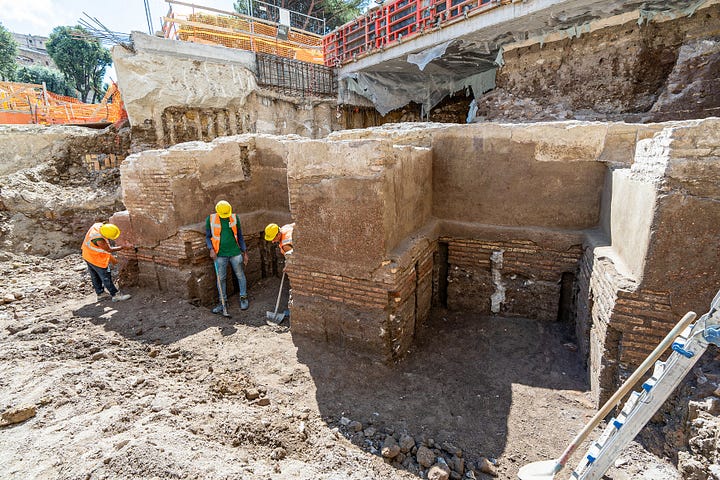
The Alexandrian pogrom broke out at a time of rising tension between the city’s Jewish and Greek populations.
Because of their monotheistic faith, the Jews were unable to comply with Caligula’s orders to be worshipped as a living god.
On this pretext, Aulus Avilius Flaccus, the Roman governor of Egypt, had the city’s Jews rounded up and forced into a ghetto.
Philo described the horrors that followed, saying their enemies “slew them and thousands of others with all kinds of agony and tortures, and newly invented cruelties”.
“The most merciless,” he said, “burnt whole families, husbands with their wives, and infant children with their parents, in the middle of the city.”
In his recollections, the historian describes the first encounter with Caligula by the Tiber as being superficially positive.
He says the emperor “conversed with us formally, and waved his right hand to us in a protecting manner, giving us significant tokens of his good will”.
He continued: “All those who stood around congratulated us as if we had already carried our point, and so did all those of our own people.”
Philo, however, was not fooled – and his cynicism was well-founded.
During a second meeting at Caligula’s palace, Philo found that they “had come not before a judge but before an accuser”, an “implacable tyrant, exhibiting uncontrolled authority and displeasure and pride”.
The emperor told them: “You are haters of God, inasmuch as you do not think that I am a god, I who am already confessed to be a god by every other nation, but who am refused that appellation by you.”
Most outrageously, Caligula wanted a statue of himself as Jupiter installed in the Second Temple in Jerusalem, the holiest site in Judaism.
Governor Publius Petronius, fearing a Jewish rebellion, was able to postpone the order until Caligula’s assassination in 41AD.
After Caligula’s death, the Horti of Agrippina would ultimately be inherited by his nephew, Nero – the last of the Julio-Claudian dynasty.
Porro said: “He decided to build his own theatre not far from Caligula's portico, the remains of which we discovered last year.”
“During the subsequent Flavian dynasty the portico and other buildings of the Gardens of Agrippina were destroyed or reused for other purposes.
“In fact, above the foundations of the portico of Caligula we found a fullonica, or a laundry room.”
She added that the finds would be dismantled, with a view to potentially displaying them in an open-air museum.
The excavation was co-ordinated in the field by archaeologist Dora Cirone, with scientific direction from Alessio De Cristofaro.





